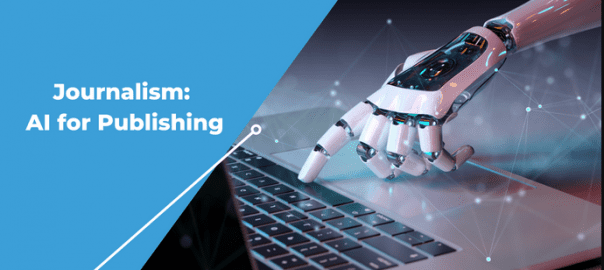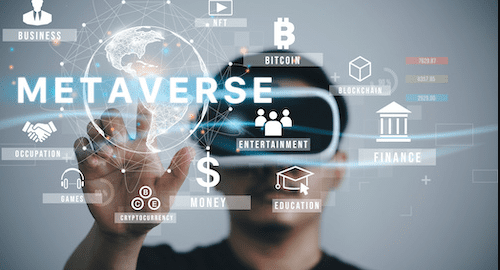April 29, 2023 /Business/ — It will require critical thinking and systems thinking to get the most out of AI tools. Being a Prompt Engineer will become a great skill to have in your toolbox. Prompt engineers simply need a decent level of language and grammar skills, data analysis, and critical thinking.
Prompted Critical thinking is the key. AI generators are not designed to assess the veracity of text they input and output. Nor are they intended to use any sort of critical thinking, which is why jobs that require critical thinking are not about to be replaced by Generative AI.
You don’t need to memorize – it’s time to focus on real-life skills, critical thinking, and emotional intelligence. The critical thinking required to enter a prompt and use AI tools effectively is worth training for – not the memorization of information. Continue reading










